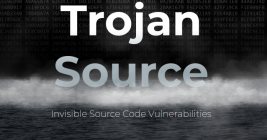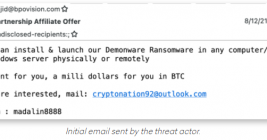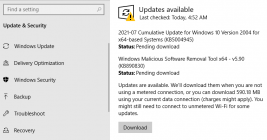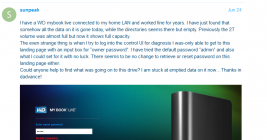Microsoft Patch Tuesday, November 2021 Edition
Microsoft Corp. today released updates to quash at least 55 security bugs in its Windows operating systems and other software. Two of the patches address vulnerabilities that are already being used in active attacks online, and four of the flaws were disclosed publicly before today — potentially giving adversaries a head start in figuring out how to exploit them.













